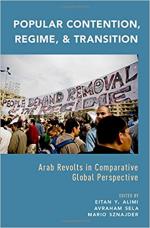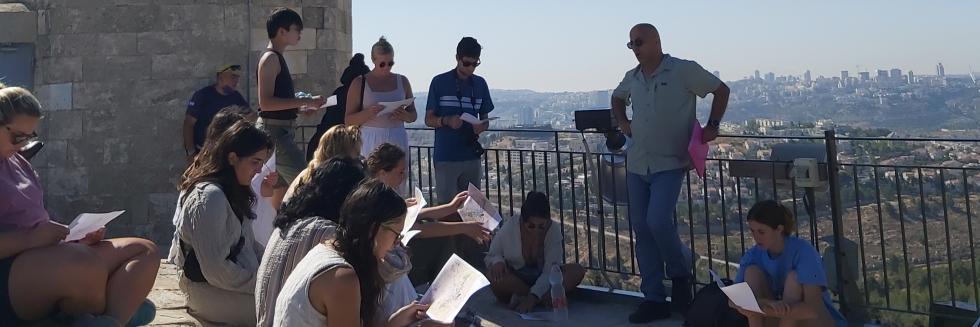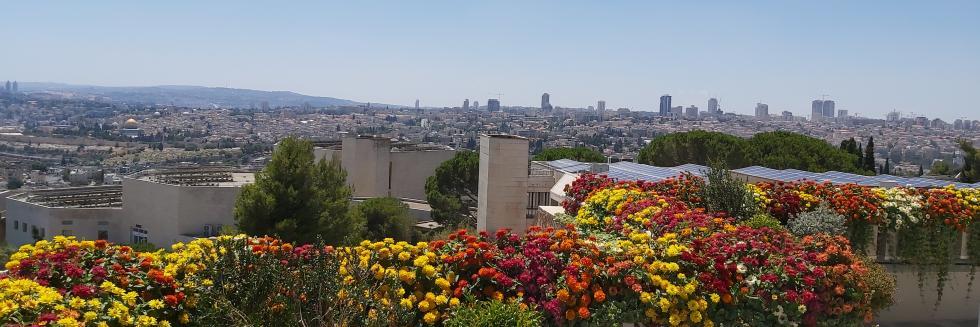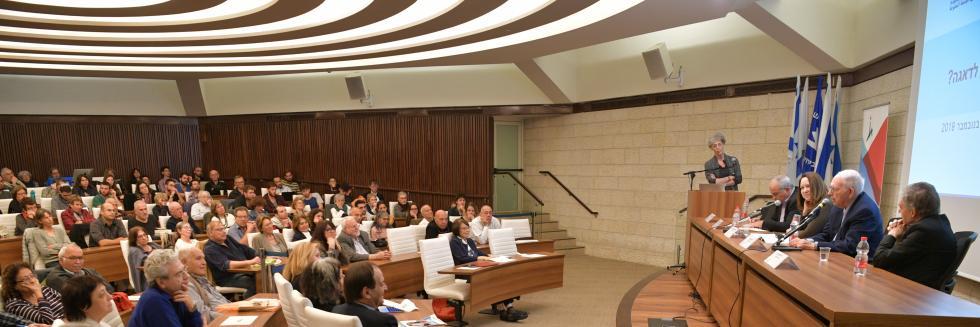Citation:

Abstract:
Why is it that in spite undeniable similarities and time coincidence among Middle Eastern and North African countries we observed so different trajectories and outcomes of popular contention? And, why is it that despite unquestionable differences between MENA and non-MENA revolts we observed striking similarities in the actual dynamics of popular contention? Moving beyond a sole focus on root-causes and structural conditions on the one hand, and avoiding a teleological-like normative assessment of the outcomes and consequences of cycles of popular contention on the other, to focusing on dynamics of contentious politics, the book offers a broad comparative framework that facilitates the identification of theoretically meaningful similarities and dissimilarities both across the MENA countries and between MENA and non-MENA countries. These similarities and dissimilarities stem from the intricate, contingent, and indeterminate interplay among popular contention, regime, and transition, an interplay that takes on a hyper-pace during revolutionary cycles. Equally attentive to both similarities and differences and based on an unprecedented diverse set of cases from across the globe as well as a variety of comparative designs, Popular contention, Regime, and Transition offers revealing answers to two complementing questions: What can cycles of contention in other parts of the world tell us about revolts in the Arab world? And, what can the cycles of contention in the Arab world tell us about contentious politics more generally?






